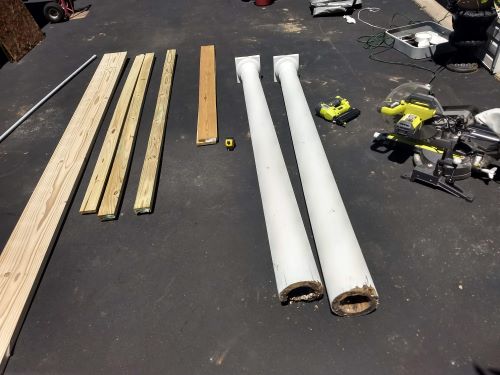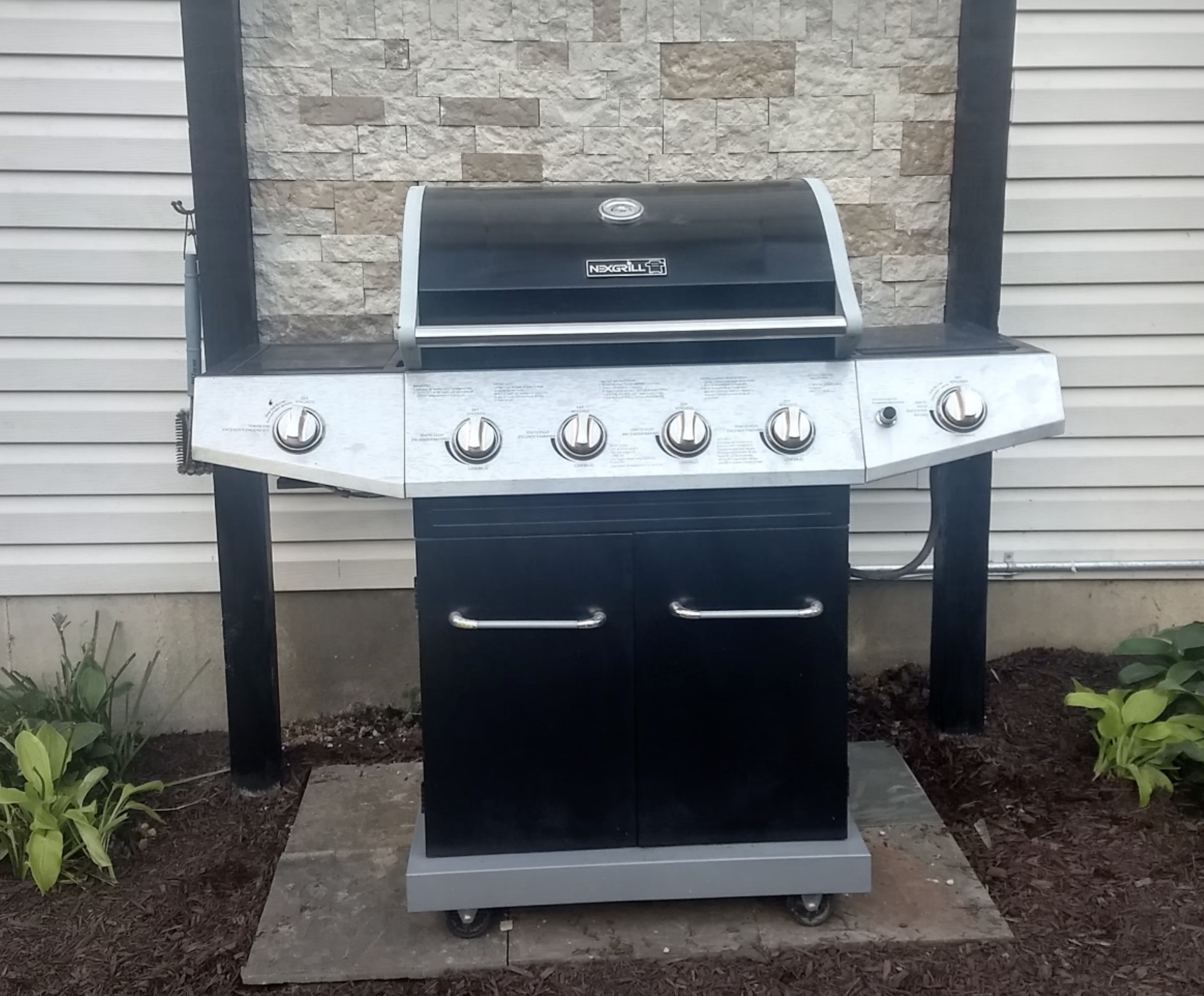Tackling your home renovation project can either charge you with creative excitement or have you shaking in your boots. For many homeowners, it is the latter. They are filled with all sorts of questions and doubts: Do I have the skills? Can I afford it? What matches the ugly pink tile I can’t afford to rip out? If you can relate to any of that, here are a few suggestions to make the planning stage of your project a little easier and help keep you on budget. That’s what we all want – a beautiful, easy-to-care-for home that is affordable!
• Do a preliminary window shopping trip, note prices.
• Go to the home store with idea of what you want, ask questions, take notes.
• Review your budget at home after browsing – don’t impulse-buy the big-ticket items.
• Make investments that are appropriate for your home’s values. You don’t want to invest in high end features if you can’t get a re-sale return on your investment.
• Bring a tape measure when you shop, measure your wish list items and compare to space available when you get home.
• Make note of item model/style numbers and price shop; online prices for the same store are often less and include shipping. Sometimes model codes differ based on retailer, so you may need to use detective skills to comparison shop. This is especially true when it comes to mattress shopping – same bed, different name and fabric cover.
• Undecided on a style? Bring two items home and compare (check return policies). Color and height may be deceiving in store lights.
• Remember to coordinate style, shape and color with your decisions- nickel finish on faucet, get nickel towel bar, etc. If you use contemporary features in your home, then keep that style for accessories.
• Some mixing of style can give you a fabulous eclectic look, but very often folks end up with hodge-podge instead of artsy. So choose your items wisely. Look through home design magazines or use an image search engine to help give you visuals on the look you want.
Taking time to plan your project is often the most important part. Even if you are hiring a contractor and skip the DIY route, these same rules apply. You can often save a lot by shopping for your own items and avoiding the mark-up. Have an open conversation with your contractor. If he is not flexible enough to meet your budget needs, it may be time to shop for a new one.










